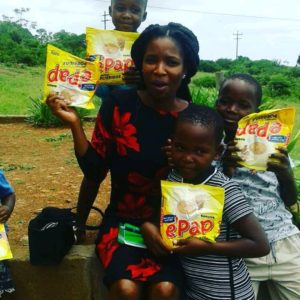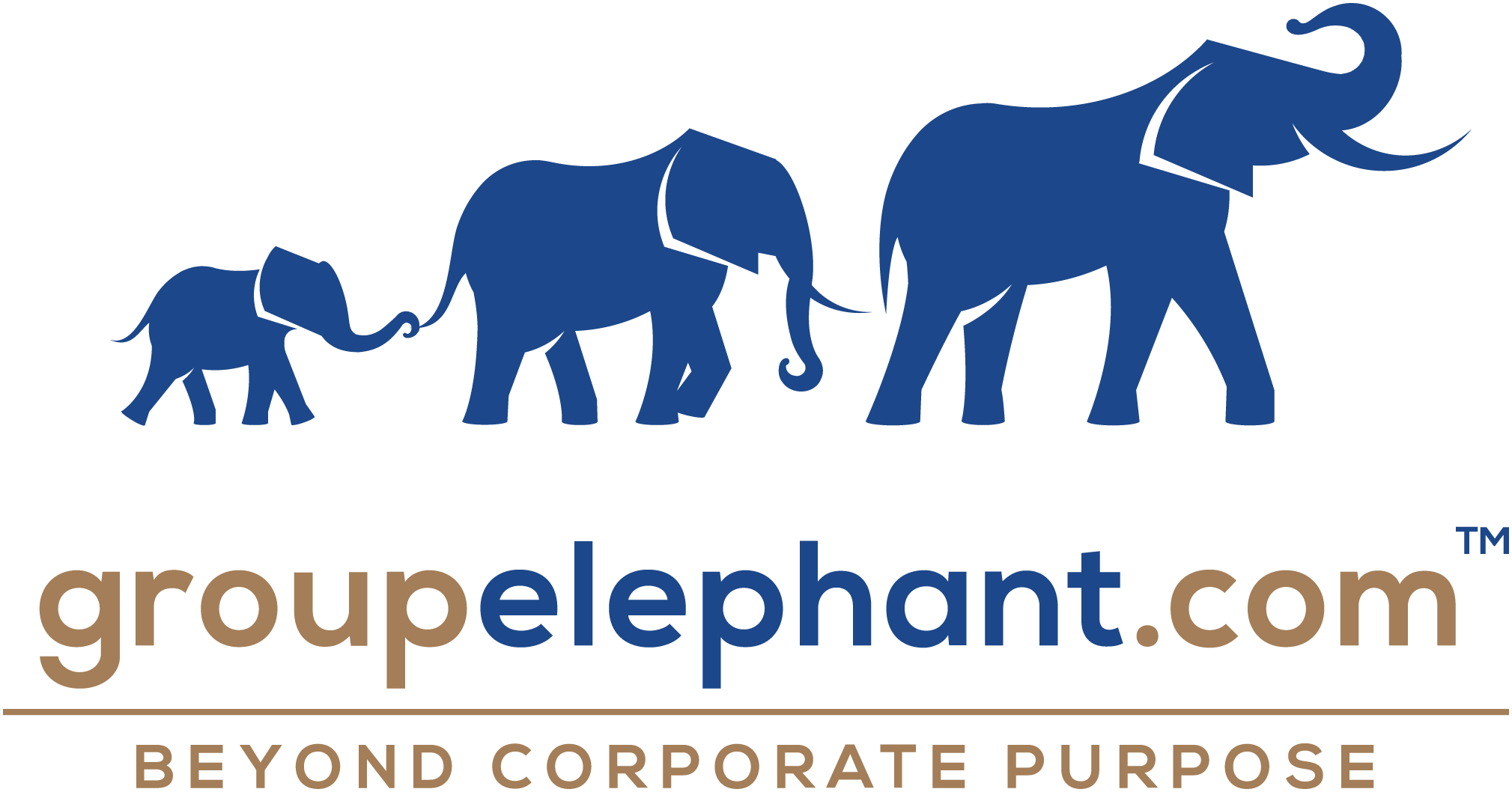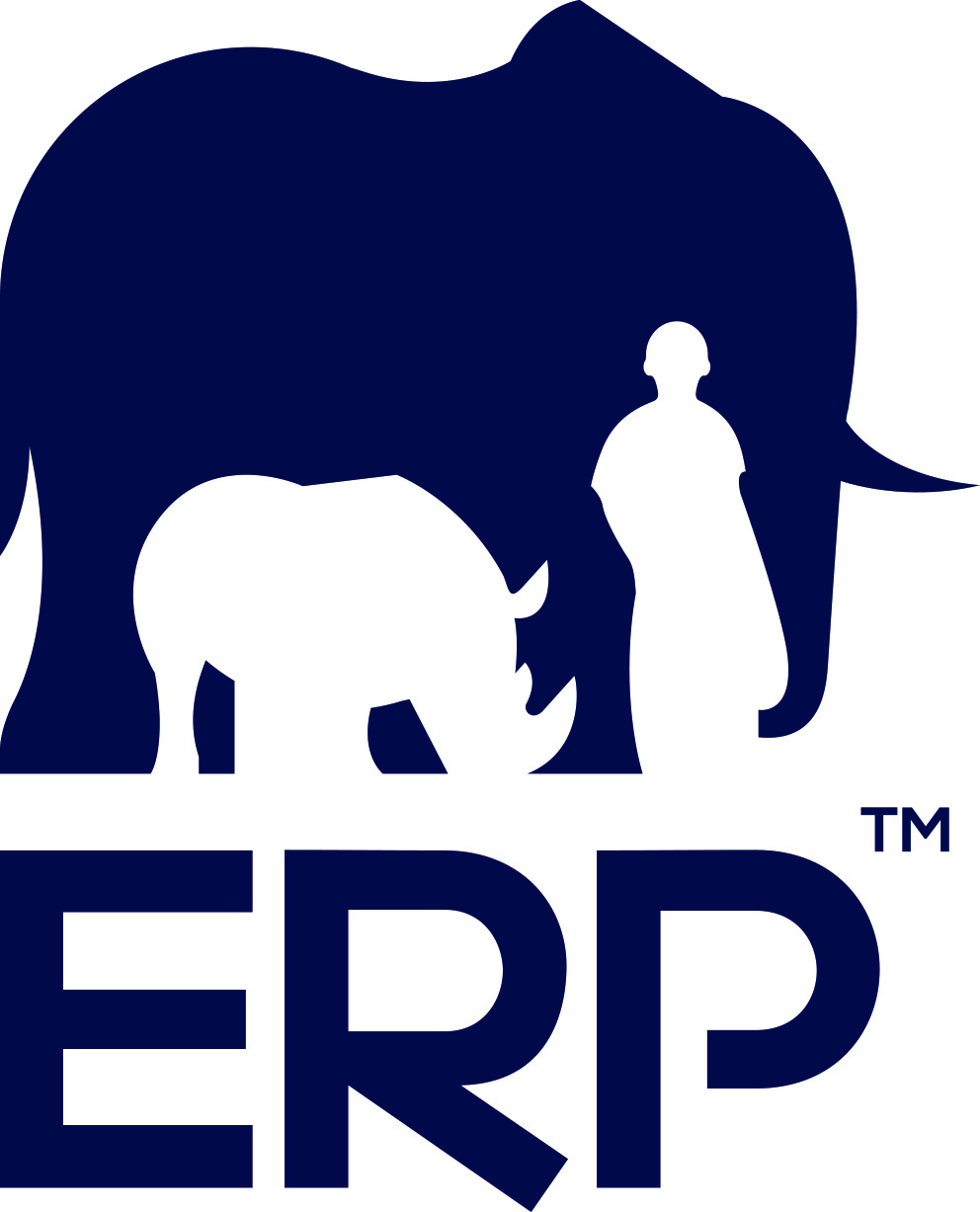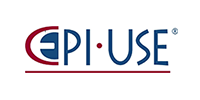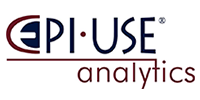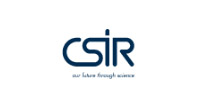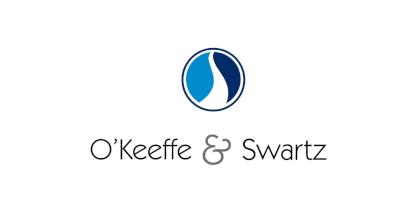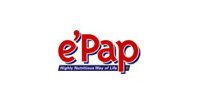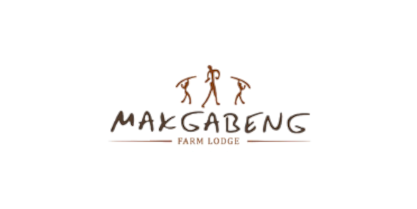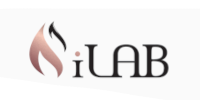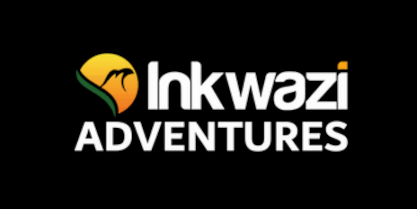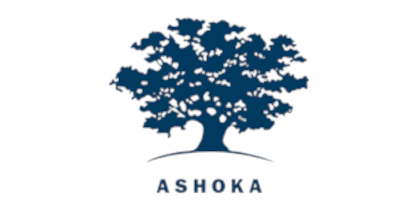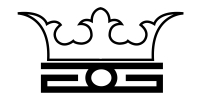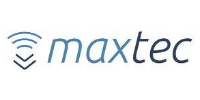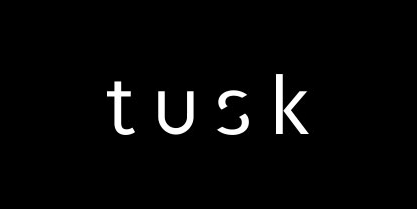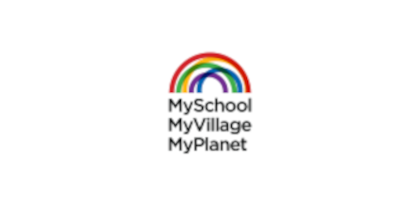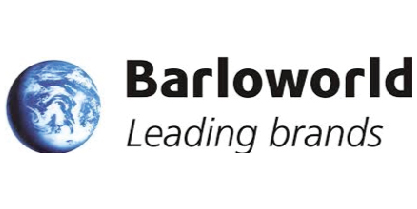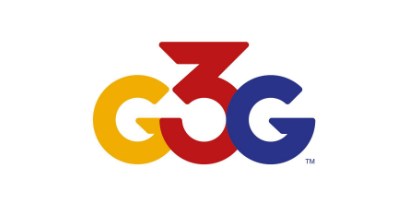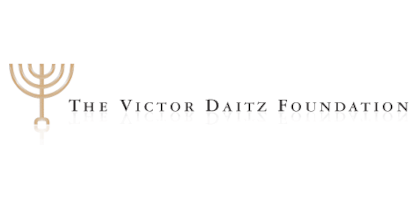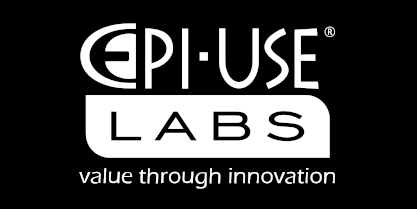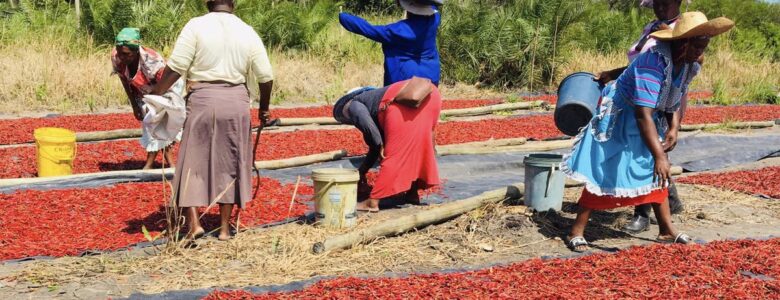
Updates from our projects during the month of October 2022
INTRODUCTION
October was poverty eradication month.International Day for the Eradication of Poverty, which is annually observed on the 17th of October, seeks to raise awareness about the plights of those in poverty. This day aims to remind everyone that a sustainable future requires everyone from all backgrounds to come together and help one another in a time of need. It further aims to ensure that those living in poverty maintain their rights as human beings by being given economic opportunities to earn a living.
MADIKWE LEARNERSHIP PROGRAMME
Towards the end of September, 30 learners from our learnership programme in Madikwe graduated, having completed the one-year course on End User Computing. This programme, sponsored by EPI-USE Africa, was jointly implemented in partnership with Godisang Development and the Barokologadi Communal Property Association (BCPA). One of the exceptional graduates received a laptop which will be profoundly helpful for her considering that she will be pursuing an LLB Degree next year, whilst three other learners received two laptops and a printer to kickstart their internet café business. ERP has established a long-term partnership with the BCPA, which will facilitate implementation of various conservation and poverty alleviation projects to directly benefit BCPA villages over a period of time.
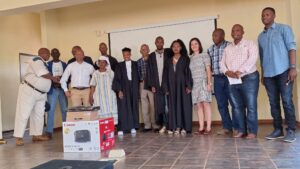
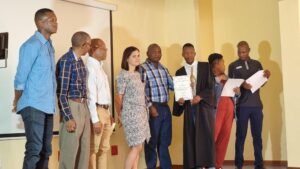
#BIKES4ERP MADIKWE DELIVERY
The #Bikes4ERP programme recently delivered another 60 bicycles to students from the BCPA villages. These beneficiaries were identified based on distances they have to travel to and from school daily. The bicycles allow students to travel four times faster, than they would on foot, thereby ensuring that they spend less time on the road and are able to attend classes on time. The recent delivery brings the total number of bikes deployed under this programme to 620 in two provinces, spread over a six year period. In addition, three jobs have been created for the bike’s mechanics who not only monitor usage of these bicycles, but also provide the necessary repair work and support services to beneficiary students. We extend our gratitude, as always, to Nicolai van der Merwe and his dedicated team, who continue to live by the groupelephant.com mantra of ‘Going beyond Corporate Purpose’. A special thank you also goes out to Inkwazi Adventures, In-Touch Community Support Group, Medipost, ERP America and a number of individual donors for providing the funds to procure these bicycles. Lastly, we are most grateful to the BCPA for the fruitful partnership that continues to bring about positive socio-economic impact to various community members.
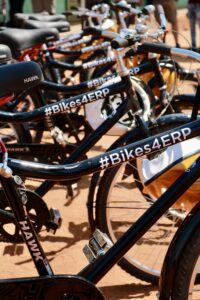
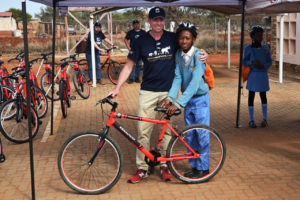
ERP CANINE PROGRAMME
This programme continues, with positive news on all 4 dogs. Jim, is the groups best searcher and bitting dog, whilst Gary has shown strength in being a tracking dog. Merise is the pack’s best protection and gun search dog, whilst Nora has been made the farmhouse guard dog. We will provide an update on this programme in our next report.
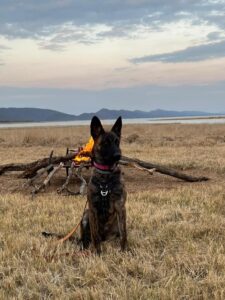
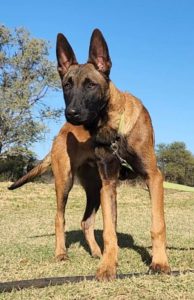
ERP HONEY
This highly valued product is collected from rural communities and bottled by Portia in her factory. Portia continues to market the ERP branded honey in a number of retail outlets in South Africa. This honey is a product of the human-elephant conflict resolution initiative in KwaZulu Natal.
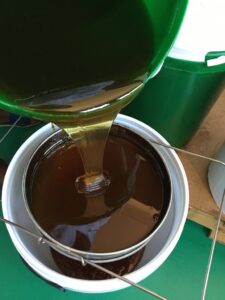
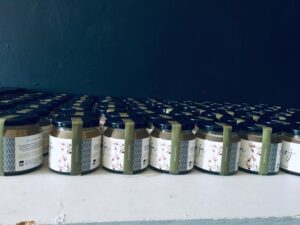
MADIKWE APICULTURE PROJECT
Honey harvesting is currently underway at the Madikwe project with the beneficiaries having harvested 60kgs of honey thus far as part of their extraction training. The harvesting process is continuous, currently being done on days when the beneficiaries are able to go onsite. Once this process is complete, the honey will then be bottled and marketed under the ERP brand by Portia Morudi. The beneficiaries have placed an additional 100 hives in their respective communities, allowing them to continue working offsite. This brings their total number of hives to 300, which should boost their honey production. Prior to placing the additional hives, community members underwent hive construction training, equipping them with skills to construct their own hives beyond this process.
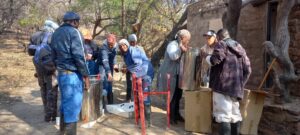
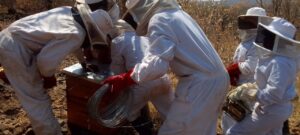
SEKELEKANI COOPERATIVE- GAZINI HUMAN-ELEPHANT CONFLICT RESOLUTION PROJECT
After clearing weeds from their plot, the Cooperative have gone ahead with tilling, which is being done by hand using hoes. The process is labour intensive, and they do not own a tractor and therefore do not have a choice but to harvest by hand. This method, however, is cost effective, which is beneficial for the group. Plans are in place, on completion, to start transplanting their seedlings during the first few days of November, in time for the rainy season.
With regard to their apiculture project, there has been an increase in the total number of populated hives. It is envisaged that this will continue to increase as the rainy season begins, which should see blossoming of a number of plants that will provide additional forage for the bees. Sekelekani Cooperative is a perfect example of how a communal collective can come together to address a common cause, in this case, poverty along with the protection of wildlife through this human/elephant conflict solution. Their hard work and tenacity have transformed their project into a sustainable enterprise that has also created opportunities for other community members through creating seasonal employment where required.
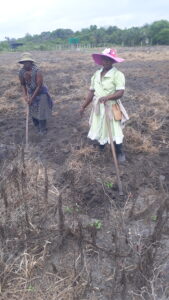
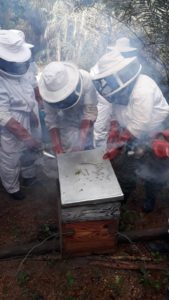
NTSHABELENG WASTE MANAGEMENT COOPERATIVE
The Cooperative continues with their day-to-day waste recycling activities, and for the month of October, managed to collect and sell almost 4 tonnes of mixed waste. Their waste enterprise not only provides positive impacts to the group through the creation of jobs and income generation from trading in waste, but also allows for the diversion of waste from being dumped, burnt, landfilled or illegally dumped- something that also benefits the wider community. Thanks to the continued support from Samuel Matheta, the group have now been able to address some of the critical water challenges owing to supply issues that affected a number or communities in South Africa in recent weeks. He did this through the resuscitation of their borehole on site, which has allowed the Cooperative to plant their various vegetables under the food for waste programme.
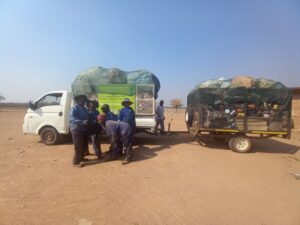
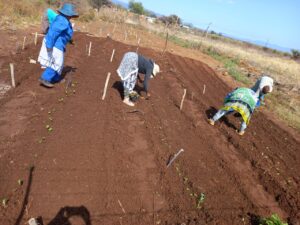
WATERBERG WAVE FM
For the month of October, the radio station, particularly through Letticia’s daily Hlago ya Africa, ERP programme, continued to touch on a number of issues relevant to their target audience. As World Habitat Day was commemorated in October, Letticia ran a programme that highlighted the various themes around this year’s commemoration of the day. This also touched on the importance of trees in sustaining habitats, whilst she also explored habitats for elephants in one of her programmes. Other topics covered during the month included littering, fire awareness and commemorating world national garden day.
Radio, particularly community radio stations are important mediums of communication because of their ability to reach a wide audience that do not have access to other sources of information such as newspapers and internet connectivity for access to online information. Waterberg Wave FM is a crucial tool which we therefore use to disseminate information whilst providing communities surrounding Vaalwater with the necessary information that affects their day to day lives. This makes this station a key component for the delivery of the ERP mission: “To conserve elephants and rhino in the wild, through the alleviation of poverty in communities in and around conservation areas.”

VAALWATER ICT CENTRE
The Vaalwater Centre has over the past few weeks been exposing learners to onsite action learning, where participants have been able to install computers at one of the schools within Vaalwater. In addition, six students have been part of a job shadowing initiative, where they have conducted data capturing and administrative work at the Centre. Another seven participants have been placed to work at the Waterberg Wave Community Radio Station. Practical and on the job exposure are imperative aspects of training as they complement the in class theoretical learning, which is foundational to understanding basic concepts. Practicals mould the youthful participants into entry-level positions, ready to be employed with the potential to grow and develop into more economically active youth, in and beyond Vaalwater.
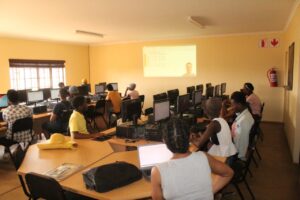
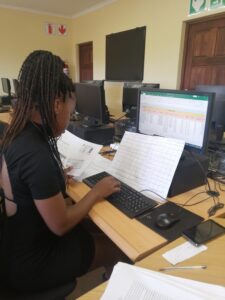
NDUMO ORPHANS FEEDING SCHEME
The Ndumo Schools Orphan Project (NSOP) was established circa 2002, by a group of concerned school principals and teachers who were troubled by the significant level of absenteeism amongst their pupils. Upon investigation, they discovered that an alarming number of these children were orphans and otherwise vulnerable children who were being left to fend for themselves due to a devastating rise in deaths in the community as a result of the HIV/AIDS pandemic. Many didn’t have clothing to attend school. The NSOP initially focused on providing the orphans and vulnerable children with food parcels supplied at the time by the Catholic Church. Subsequently, in 2015, funds were raised to provide ePap to these children. We have undertaken to continue to support the work that is done by the NSOP and with generous funding from ERP, USA, recently, we have been able to continue to distribute ePap to the 400 orphans who are not eligible for government grants, as well as 20 caregivers who attend to them.
For as little as the equivalence of $15 a month, you can support an orphaned or otherwise vulnerable child with a supply of ePap for an entire month. Join and support our cause by clicking on the link below:
https://www.flipcause.com/secure/cause_pdetails/MTEwNTYx
